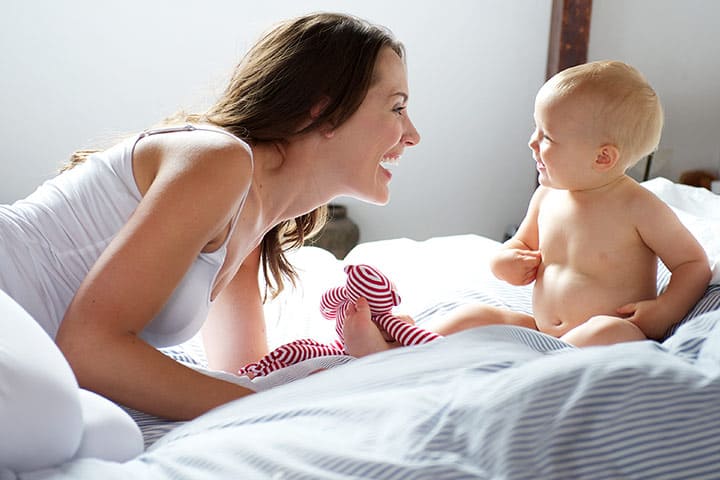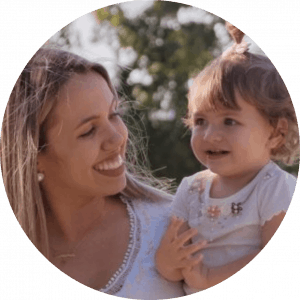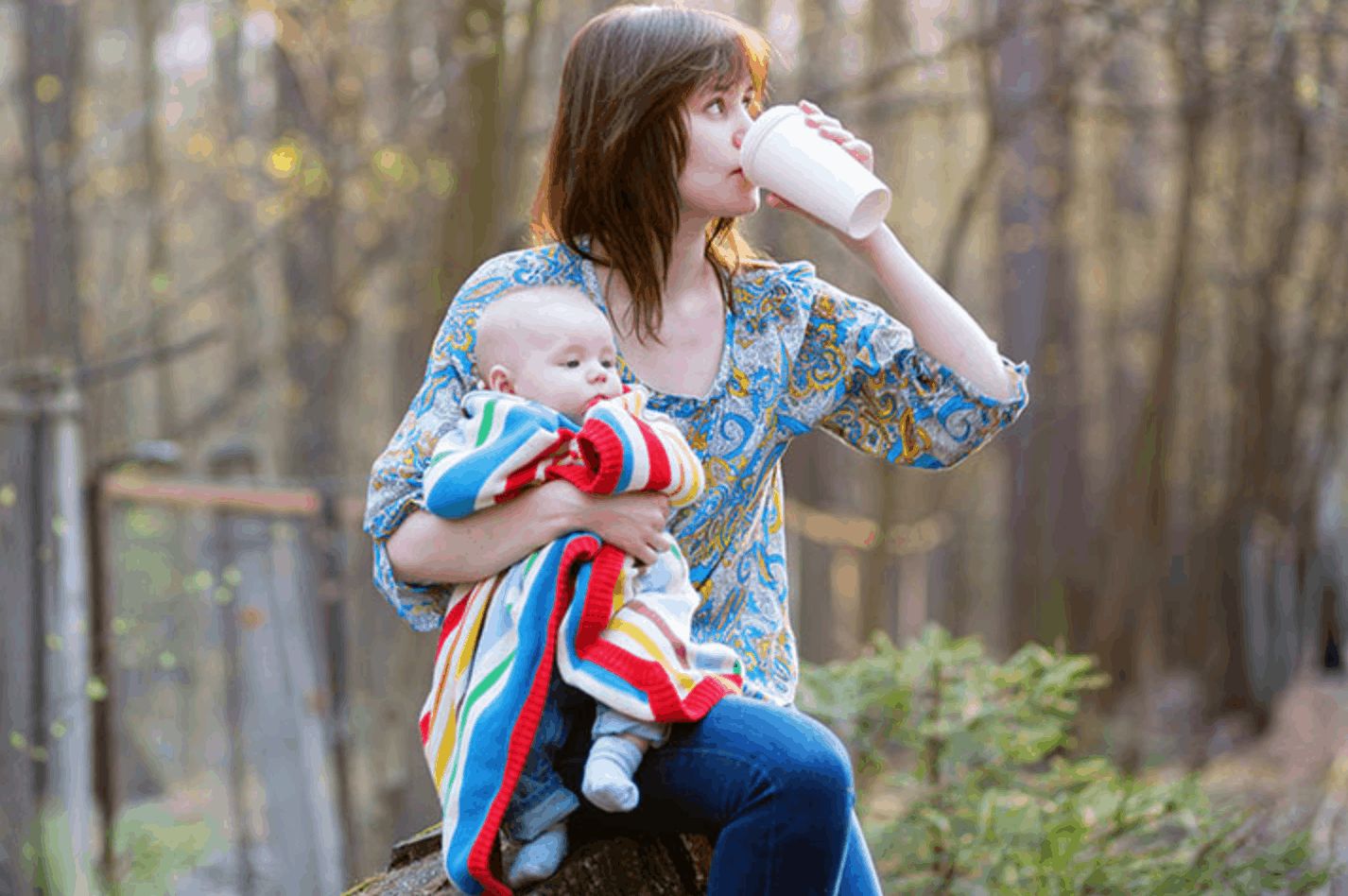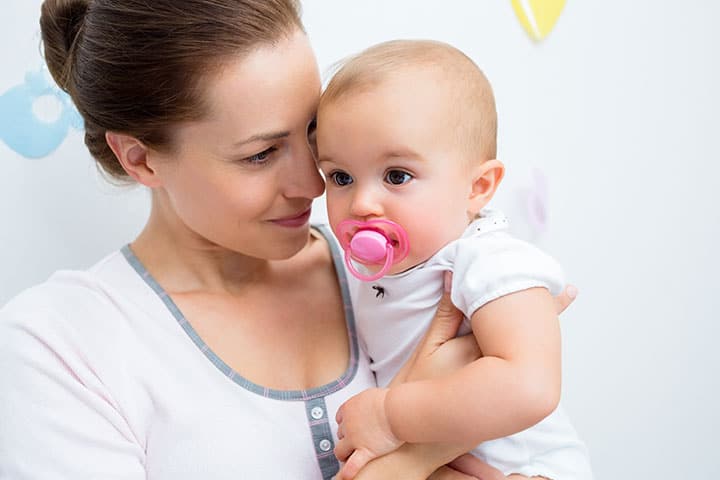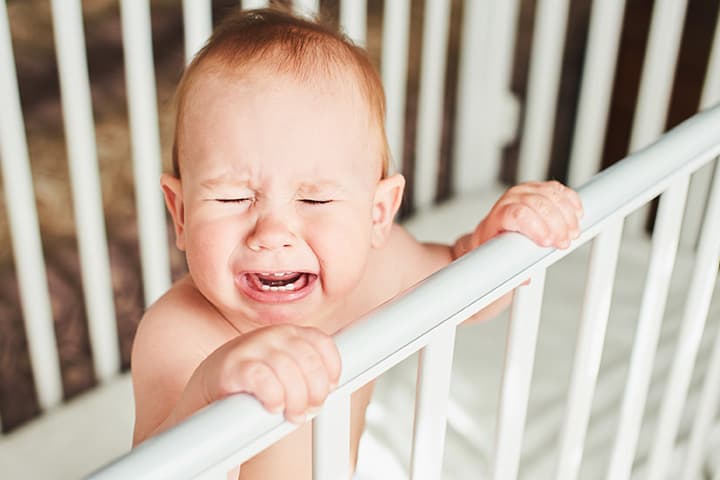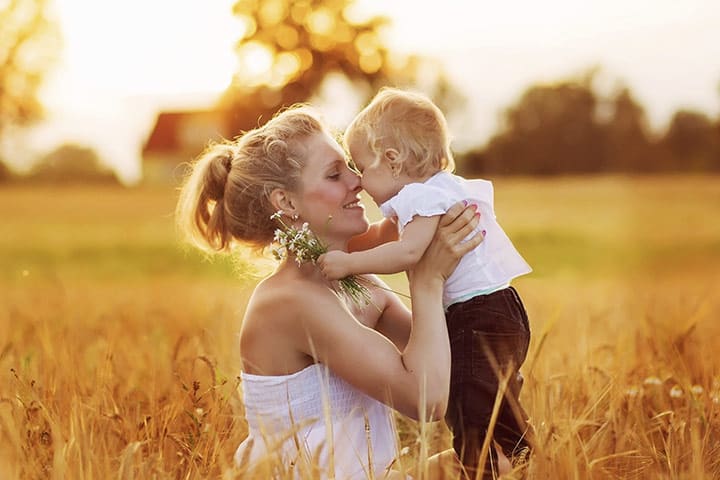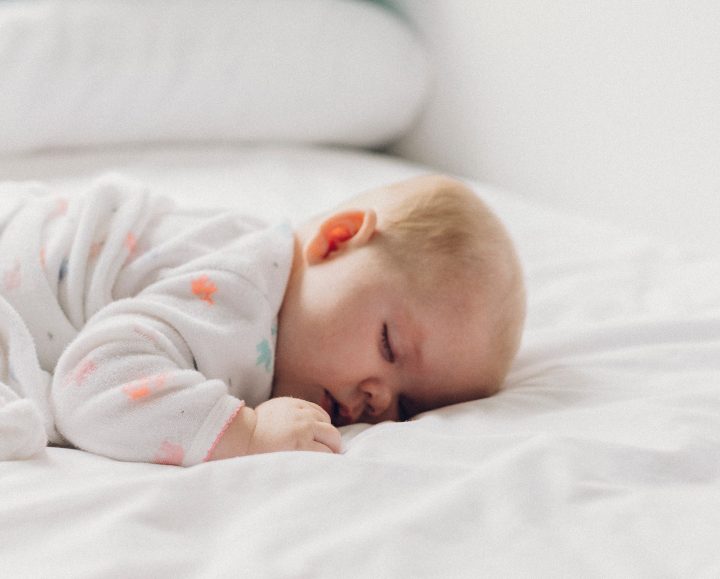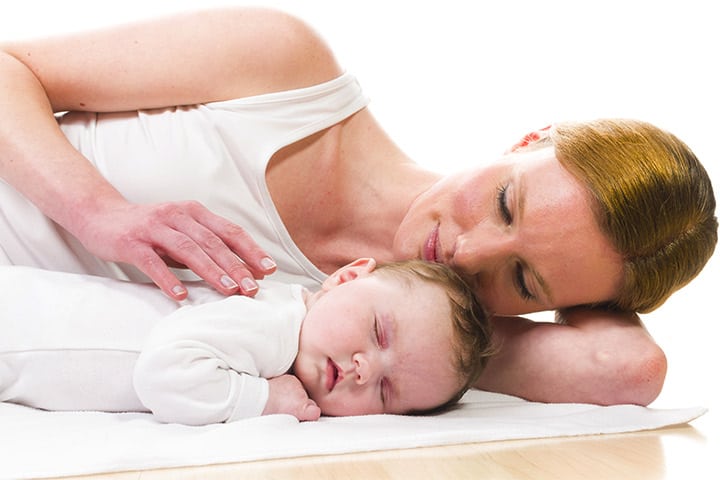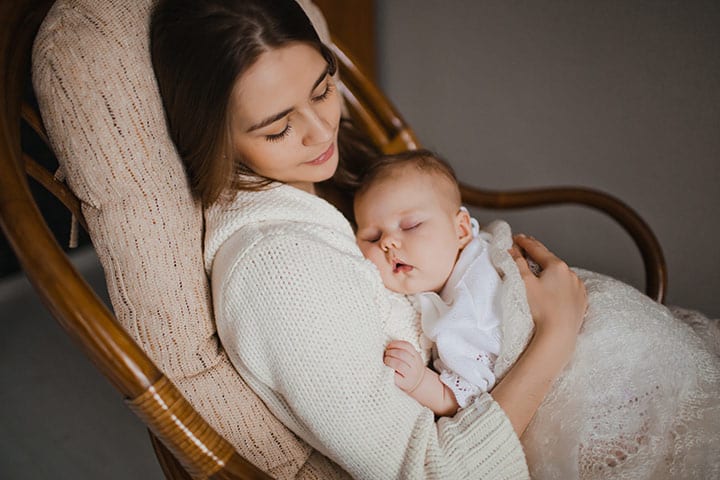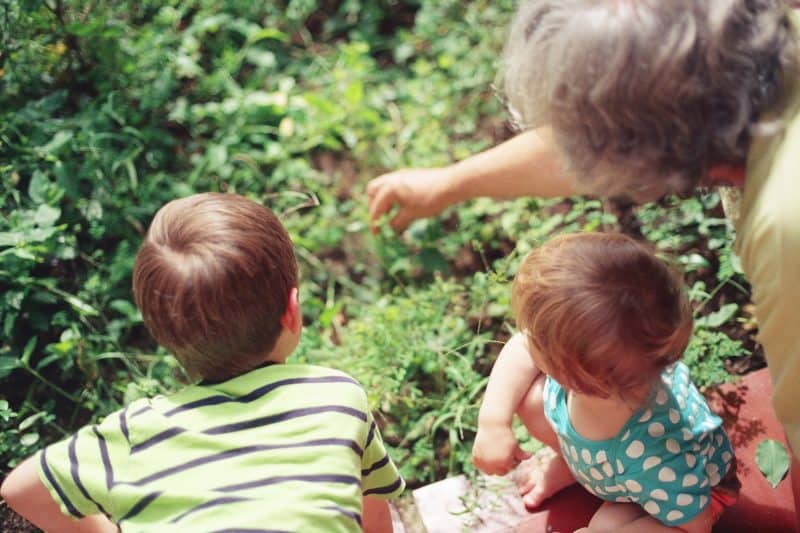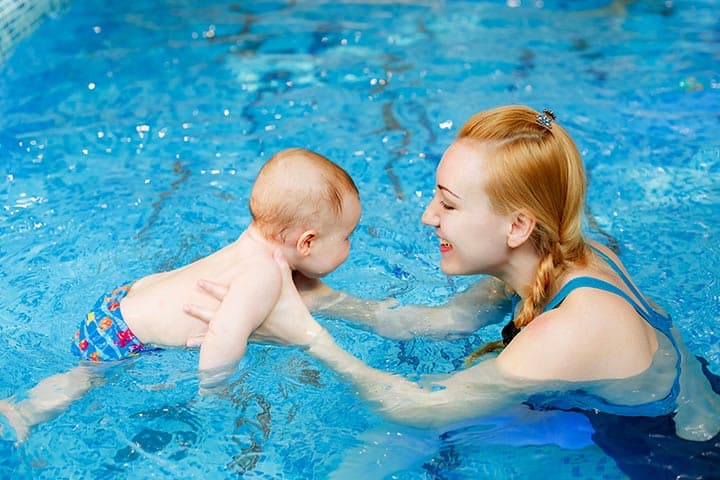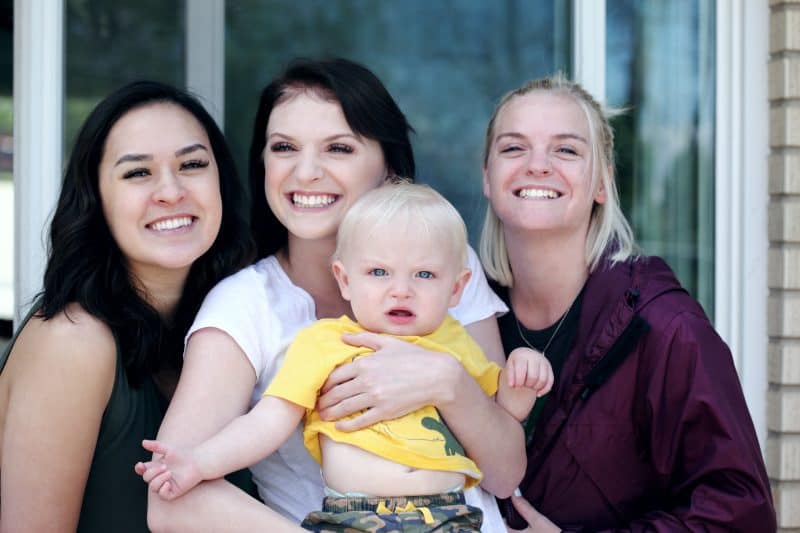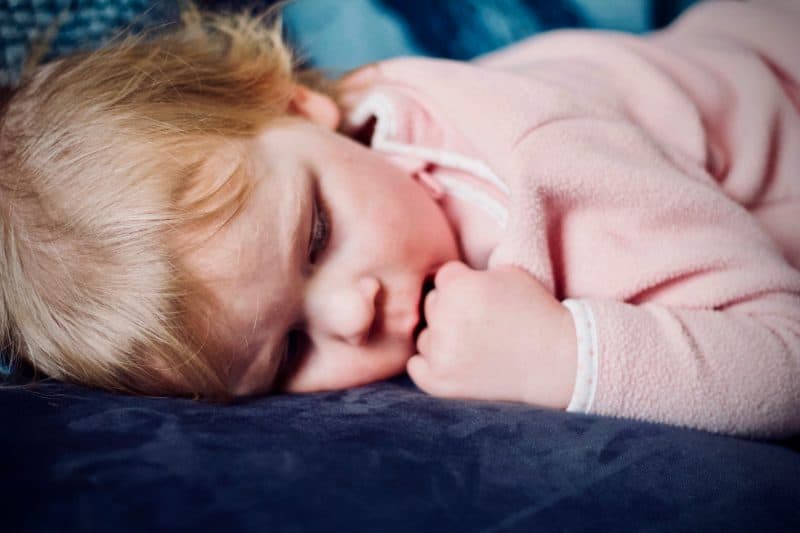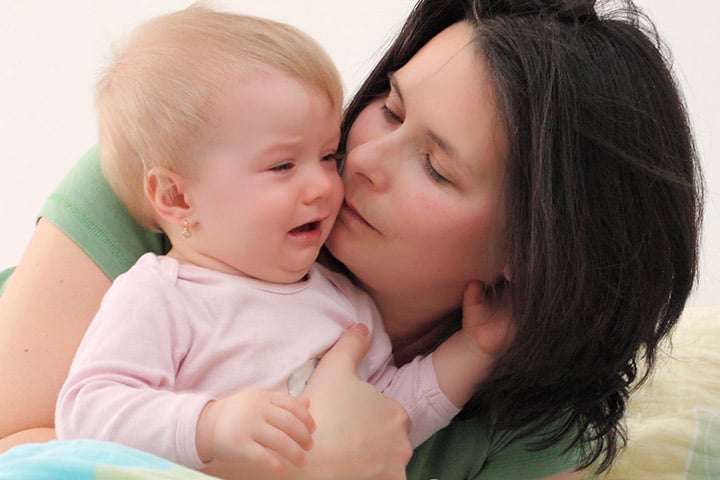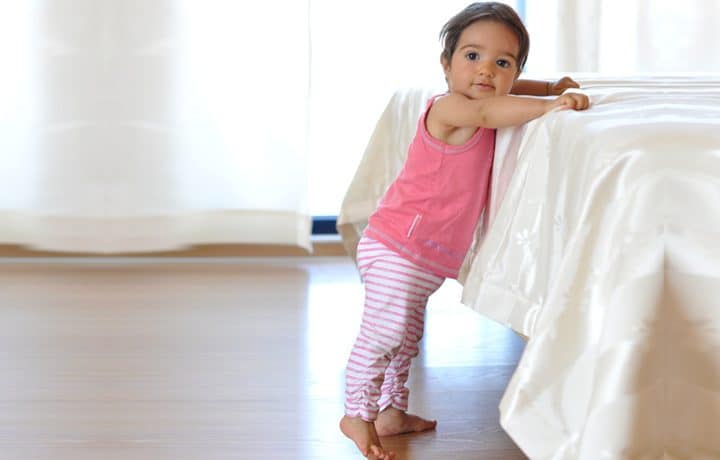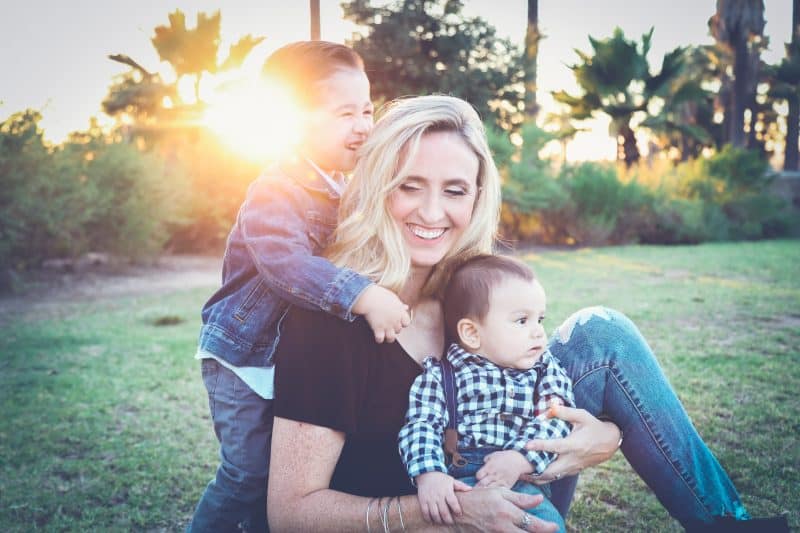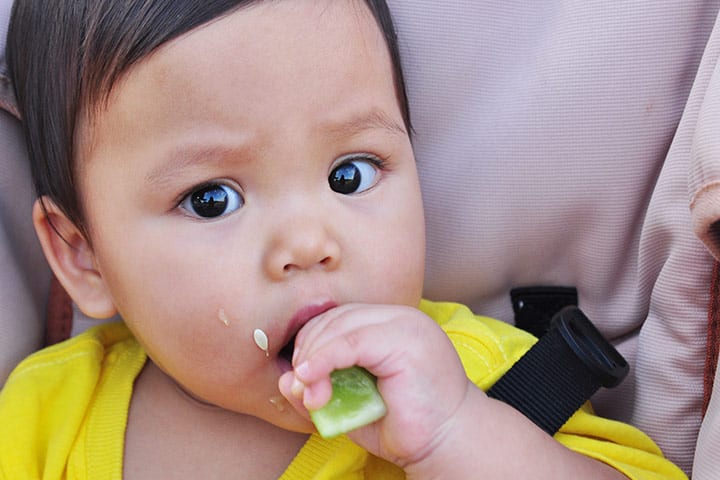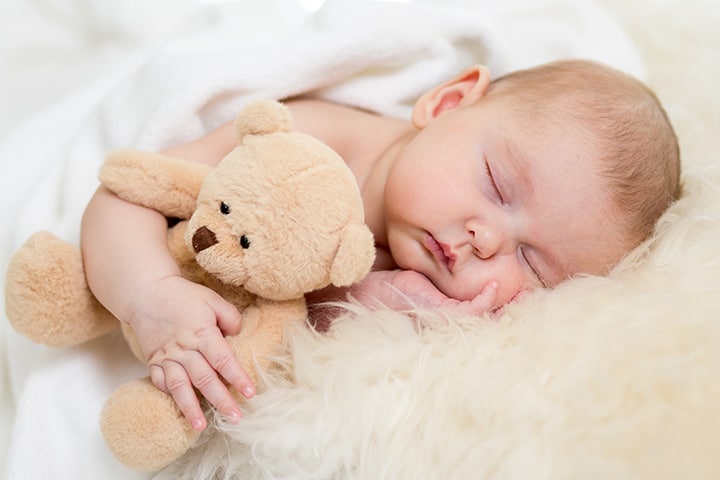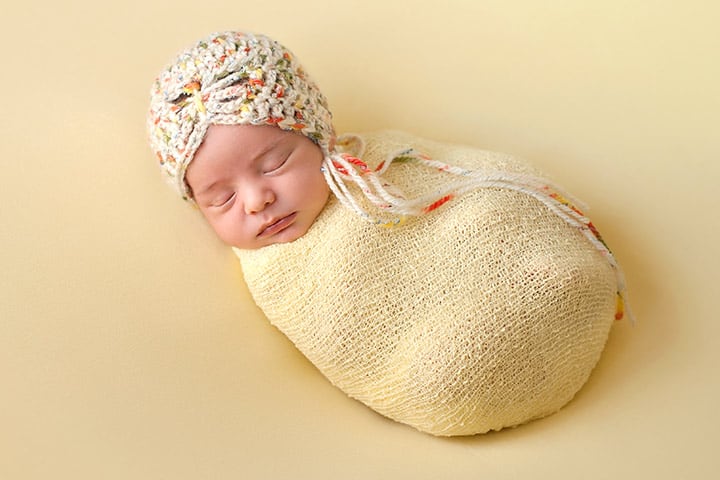Do you have a baby at home? Has she begun talking yet? Or is she still too young to speak, but you can’t wait to hear her first words? Are you worried that she may be taking too much time to start speaking? Do you want to know when do babies start talking and when you will be able to hear those cute utterances that make you go all gooey?
If this sounds like you, consider reading our post. Here we look at when will baby start talking.
When Do Babies Start Talking?
The first thing for you to remember as a parent is that all babies are unique and reach different milestones at different ages. Your baby will reach each milestone at her time, so do not compare her milestone with other babies. Just make sure you keep your baby’s doctor up to date about the different milestones she reaches to know if she is taking a little longer than usual. Unless your pediatrician says otherwise, there is no need to worry.
Your Baby’s Talking Graph At A Quick Glance:
Even before your baby learn to talk, the first step towards reaching the speaking milestone will be cooing. She will make various cooing sounds and other similar sounds that will help her reach the speaking phase.
One of the first baby talks that your baby will try out will not involve talking! Surprised or confused? Yes, the way your baby learns or starts to talk will not involve any sounds, but it involves expressions. Soon after your baby is born, you may notice your baby make different expressions like squinting, grimacing and crying faces. She will make most of these expressions to signal needs like hunger, fear, sleep, surprise, exhaustion, anxiety and the need for peace. Here you can learn at what age do babies start talking.
1. At 3 Months Of Age:
- Once your baby turns three months, you will notice that she is more observant than before.
- Your baby will intently listen to your voice, watch your lip movement and will start differentiating between different types of voice and sounds. She will also start to show an inclination towards music, something that you may play in your home, the music in your elevator or even the natural music from birds.
- You may also notice some sound or voice preferences she has, like being more alert towards the voice of a female as compared to that of a male. She may especially do so if you, as a mother, the female, are the main caregiver instead of the father, a male. If you were in the habit of listening to any particular music or sound while your baby was still in the womb, your baby might show a preference towards the same as well.
- By the end of three months, she will begin making various cooing sounds and may keep on repeating it over and over again.
2. At 6 Months Of Age:
- At six months, your baby will start babbling and make different sounds.
- Some of the first real ‘words’, your baby may say are ‘da-da’ ‘ma-ma’ ‘ba-ba’ and such.
- Once your baby reaches towards the end of six months or the beginning of the seventh month, she may start responding to her name. If you speak more than one language at home, your baby may also start recognizing the same. At this age, your baby may use a particular tone of voice to signal happiness, sadness, fear and other emotions.
- Do not mistake her first sounds as talking. Even if your baby says something like ‘da-da’, it does not mean that she says ‘daddy.’ Most of what your baby says at this age will be simple babble that done by using random sounds.
3. At 9 Months Of Age:
- Once your baby is nine months old, she will start understanding some basic words that you use.
- She will be able to make sense of simple words like ‘hello’ ‘bye’ and even ‘no’ even though he may not necessarily follow your ‘no.’
- At this age, she may start using more cooing sounds and different tones.
4. At 12 Months Of Age:
- Once your baby crosses the first birthday, he may be able to say a few words like ‘mama’ ‘dada’ and other similar ones.
- Most babies at this age will be able to say at least a few of these words.
- Your baby will begin to make connections between the words instead of simply saying them. While saying ‘mama’ she will know that the word refers to you.
- Your baby will also start understanding your one worded and simple instructions like ‘no’ ‘sit down’ and so on. It does not mean that she will necessarily follow the instructions.
5. At 18 Months Of Age:
- Once your baby reaches the 18th month, she will be able to say at least ten words.
- She will also be able to point at various objects, body parts, and people and name them correctly, even if it seems infantile.
- Your baby will also try to repeat any new words you say or that she hears. If you regularly speak to her in sentences, she may pick up the last word in the sentence and try saying the same.
- At this age, she may still not be able to say all words completely. For example, instead of saying ‘dog’ she may say ‘daw’ or instead of saying ‘noodles’ your baby may say ‘noo-guss.’
6. At 2 Years Of Age:
- By the time your baby reaches the age of two, she will be able to say a few words together.
- Your baby may also be able to string short phrases and make small sentences using simple words. For instance, she may be able to say phrases like ‘mamma bye bye’, ‘baby want milk’, ‘dog there’.
7. At 3 Years Of Age:
- By age three, she will have a more exhaustive vocabulary than earlier.
- You will notice she picks up more words at this age.
- She may also be able to say and mean words like ‘sad’ ‘sleepy’ ‘happy’ and so on.
As a parent, your excitement to hear those first words is understandable. However, do not pressurize your baby to speak, but let her reach the milestone at her pace.
Hope now you know when do babies start to talk. When did your baby start speaking? What were his first words? Tell us below. Leave a comment.

